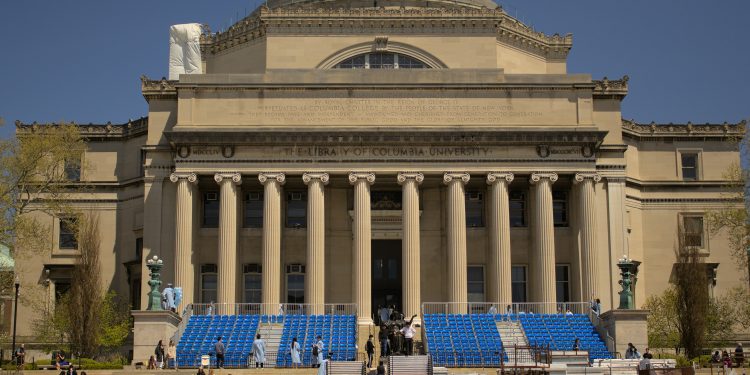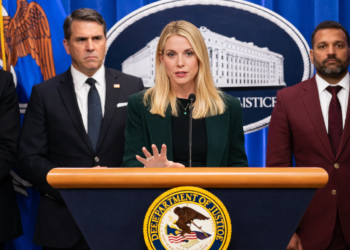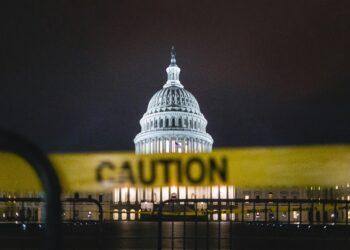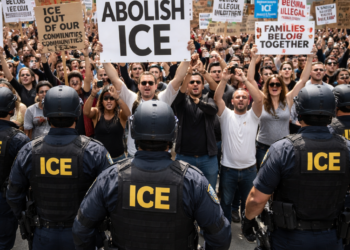Columbia University has agreed to pay a staggering $200 million settlement to the Trump administration, ending a bitter standoff over allegations the Ivy League institution failed to protect Jewish students during Israel-Gaza war protests. The deal, announced Wednesday, will see frozen federal grants worth $400 million partially restored while imposing sweeping campus reforms that could set a precedent for universities nationwide.
The settlement stems from months of tension that began when Columbia became the first university targeted by Trump’s education department over antisemitism allegations. In exchange for the massive payout, the government will reinstate most of the $400 million in frozen research funds that had brought the university to what acting president Claire Shipman called a “tipping point” this summer.
The agreement mandates an independent monitor to oversee compliance and codifies controversial changes including: banning face masks at protests, expanding campus police presence, disciplining pro-Palestinian protesters and restructuring Middle Eastern studies programs.
President Trump celebrated the settlement on Truth Social, framing it as a victory against “ridiculous DEI policies” and a model for holding “unfair” universities accountable. Education Secretary Linda McMahon called it a “seismic shift” that provides a “roadmap for elite universities” to regain public trust.
This deal represents the most significant outcome yet of the administration’s nationwide crusade against campus protests, which has targeted over 600 institutions and $8 billion in federal funding according to the Center for American Progress.
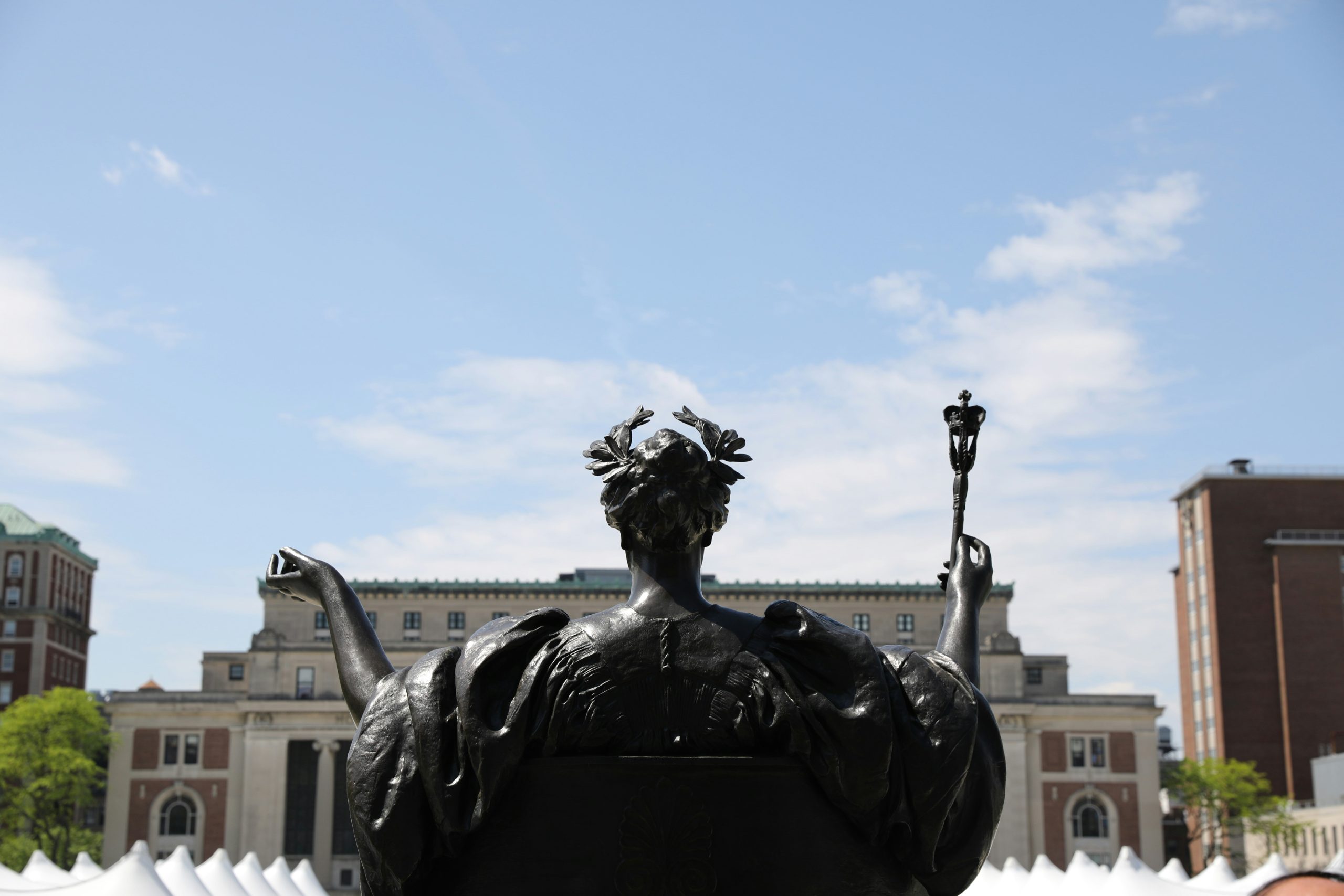
The Ivy League Divide: Columbia’s Compliance vs. Harvard’s Defiance
While Columbia opted for negotiation, Harvard University has chosen legal warfare and is currently suing the administration over similar funding cuts and international student bans. This stark contrast highlights the existential dilemma facing universities: comply with federal demands or risk financial catastrophe.
Buried in the settlement’s 40 pages are special officers with arrest powers on campus, mandatory ID checks for protesters, strict oversight of student groups and curriculum reviews for Middle East studies
University officials are insisting the agreement “protects our values” while critics warn it sets a dangerous precedent of federal overreach into academic freedom.

